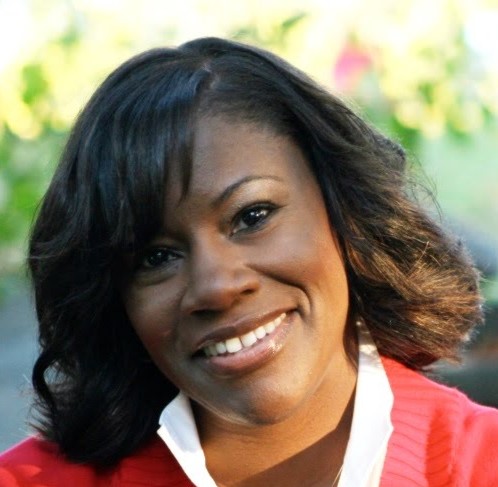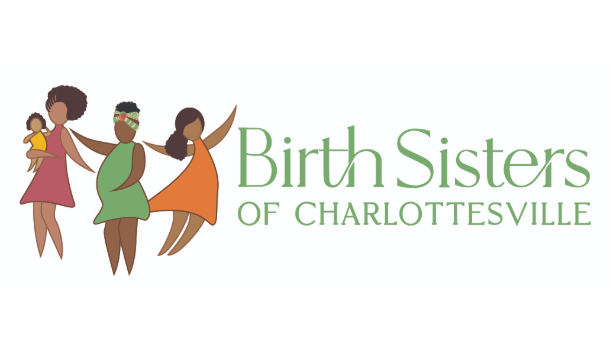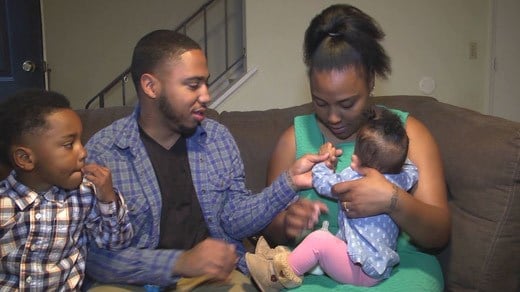For centuries, Black mothers were forced to breastfeed their slavemasters’ children while their own children often went hungry or starved. That trauma, unbeknownst to many Black women, runs in their DNA and taints the breastfeeding culture of Black women. Breastfeeding was rarely seen by Black women who normalized formula and submitted to the bias in maternal health care that encouraged giving Black babies formula. That’s the culture Black Breastfeeding Week works to change.

“When Black women breastfeed, they are reversing narratives, reclaiming traditions that were taken from them, countering stereotypes, and reestablishing the infant feeding norm in our communities,” explained Kimberly Seals Allers, co-founder of Black Breastfeeding Week. As summer came to a close, the week celebrated 10 years of educating Black families to ensure better future generations.
The group was motivated to start because of racial disparities in breastfeeding. The Centers for Disease Control and Prevention reports that while breastfeeding is the optimal source of nutrition for most infants and U.S. rates have increased during the past decade, racial/ethnic disparities persist. The disparities range from 90.3 percent among infants of Asian mothers to 73.6 percent among infants of Black mothers.
According to the CDC, breastfeeding is associated with reduced risk for various infections, sudden infant death syndrome, Type 1 diabetes, and obesity among infants, and with reduced risk for high blood pressure, Type 2 diabetes, ovarian cancer, and breast cancer among mothers.
“Consider the fact that breast milk is the most complete ‘first food,’ for babies,” Dr. Khalillah Ali told The Final Call. She has a family practice in Dallas. “It reduces the risks of many diseases and problems that face African Americans and has been proven to reduce the risks of upper respiratory infections, Type 2 diabetes to asthma. In addition to breastfeeding being a prime opportunity to be physically close, many moms report it being a highly rewarding experience.”
“Further, breastfeeding allows you to return to your original size quicker. You are your child’s diet,” Dr. Ali continued. “They are consuming the calories that you have in your body. Without doing any crunches, your stomach goes down quicker and you will find yourself wearing your pre-pregnancy clothes sooner.”
During Black Breastfeeding Week, organizations all around the country host events to celebrate Black breastfeeding moms and their rights to do so openly without harassment. The week educates families on the challenges, joy, and pride of the Black breastfeeding journey.

The Chicago South Side Birth Center had its first “Latch and Stroll” event, to celebrate 10 years of Black Breastfeeding Week. The event had about 50 people enjoy a walk around Jackson Park. After the walk, they could enjoy food, resources and activities like yoga, painting and a breastfeeding workshop.
Center founder and midwife, Jeanine Valrie Logan, explained to the media that the goal was to bring awareness and provide resources to the community on breastfeeding and general wellness surrounding pregnancy, labor and delivery and postpartum. She hopes to do it next year, bigger and better.
The Birth Sisters of Charlottesville, Va., hosted opportunities during Black Breastfeeding Week, for moms to gather to support each other about motherhood and the benefits of breastfeeding.
“There’s a lot of evidence-based information that says that having a support partner, having someone there for you, is beneficial to a better outcome for your birth. Increased rates of soothing, decreased rates of infant mortality, decreased rates of premature birth, better outcomes for mom, less interventions during their delivery,” co-founder and Executive Director Lisa Brown told the media.
“This week is really about celebrating just the fact that we do breastfeed. Black women do breastfeed. I breastfed all three of my children, and that representation needs to be seen. I think that is an encouragement for other women,” she said.













